Google to pay $90 million settlement over Play Store billing dispute
The tech giant also announced changes to its Developer Distribution Agreement
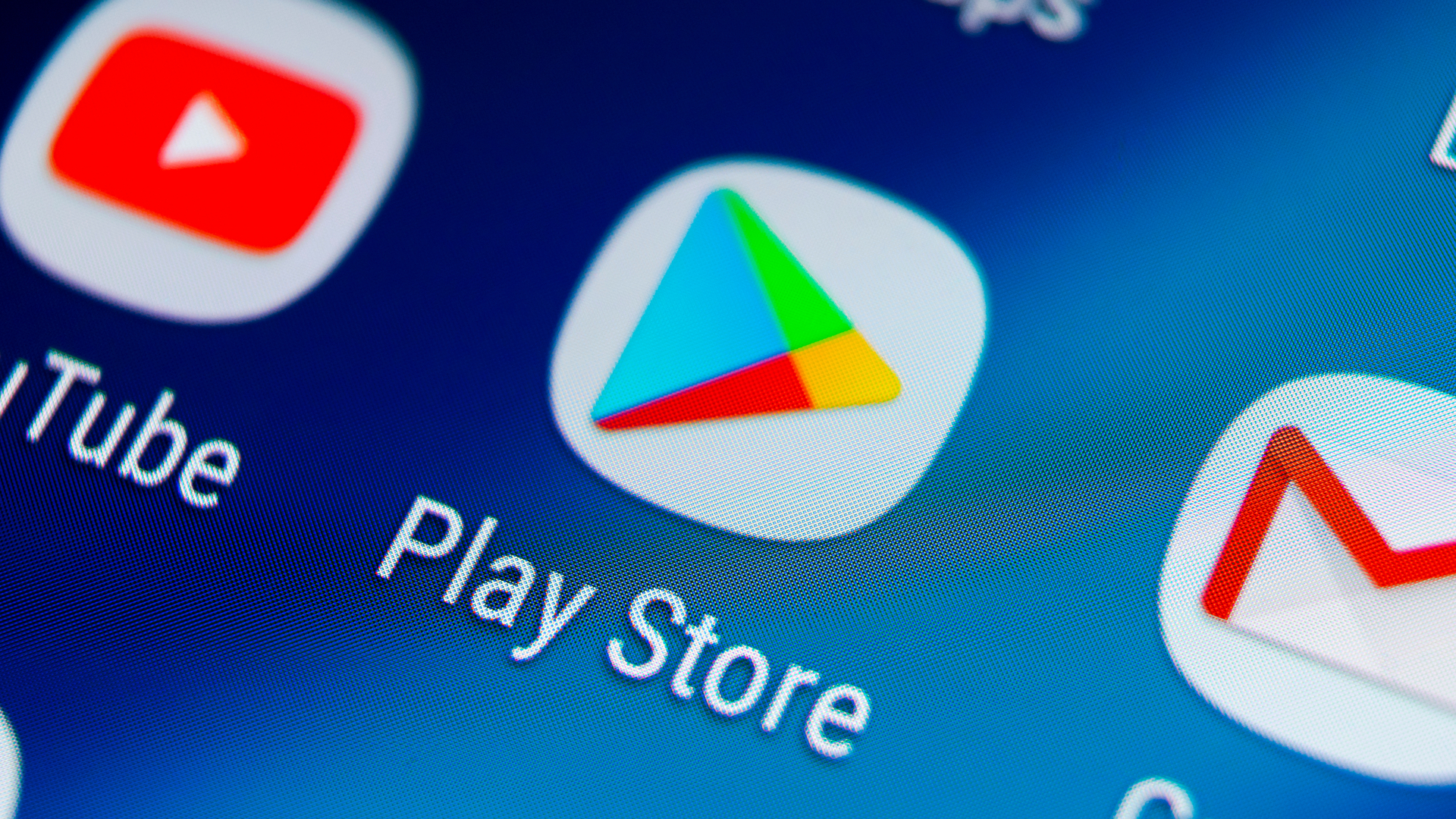
Sign up today and you will receive a free copy of our Future Focus 2025 report - the leading guidance on AI, cybersecurity and other IT challenges as per 700+ senior executives
You are now subscribed
Your newsletter sign-up was successful
Google has agreed to pay $90 million to settle a lawsuit that alleged the company's Play store policies violated antitrust laws.
App developers have accused the tech giant of forcing payments through its Google Play billing system, which came with a default 30% service fee, as part of prior contractual agreements with smartphone makers.
RELATED RESOURCE

Identity: The digital trust accelerator
Building trust in governments and public sector organisations
Clearing the air, Google announced a $90 million fund to support US developers who earned $2 million or less annually through Google Play between 2016 and 2021.
However, the company highlighted that a 15% commission rate on the first $1 million in annual revenue earned through Play Store was into effect in 2021 for US developers.
“A vast majority of U.S. developers who earned revenue through Google Play will be eligible to receive money from this fund, if they choose. If the Court approves the settlement, developers that qualify will be notified and allowed to receive a distribution from the fund,” stated Google in a blog post.
The Google Developer Distribution Agreement has also been revised, which stipulates that developers may continue to use in-app contact information to communicate with users outside of apps, should they decide to provide an alternative, low-cost offering through rival app stores, or their own websites.
Additionally, the company has announced plans to create an “Indie Apps Corner”, which will feature unique, high-quality apps created by small and independent developers.
Sign up today and you will receive a free copy of our Future Focus 2025 report - the leading guidance on AI, cybersecurity and other IT challenges as per 700+ senior executives
Lastly, Google will maintain, in newer versions of Android, certain changes implemented in Android 12 that enable easy access to rival app stores, without compromising Android’s safety features.
-
 Researchers call on password managers to beef up defenses
Researchers call on password managers to beef up defensesNews Analysts at ETH Zurich called for cryptographic standard improvements after a host of password managers were found lacking
-
 Is there a future for XR devices in business?
Is there a future for XR devices in business?In-depth From training to operations, lighter hardware and AI promise real ROI for XR – but only if businesses learn from past failures
-
 The ultimate guide to getting your killer app off the ground
The ultimate guide to getting your killer app off the groundIndustry Insight When building software, the process of designing, testing, prototyping, and perfecting your project is never ending
-
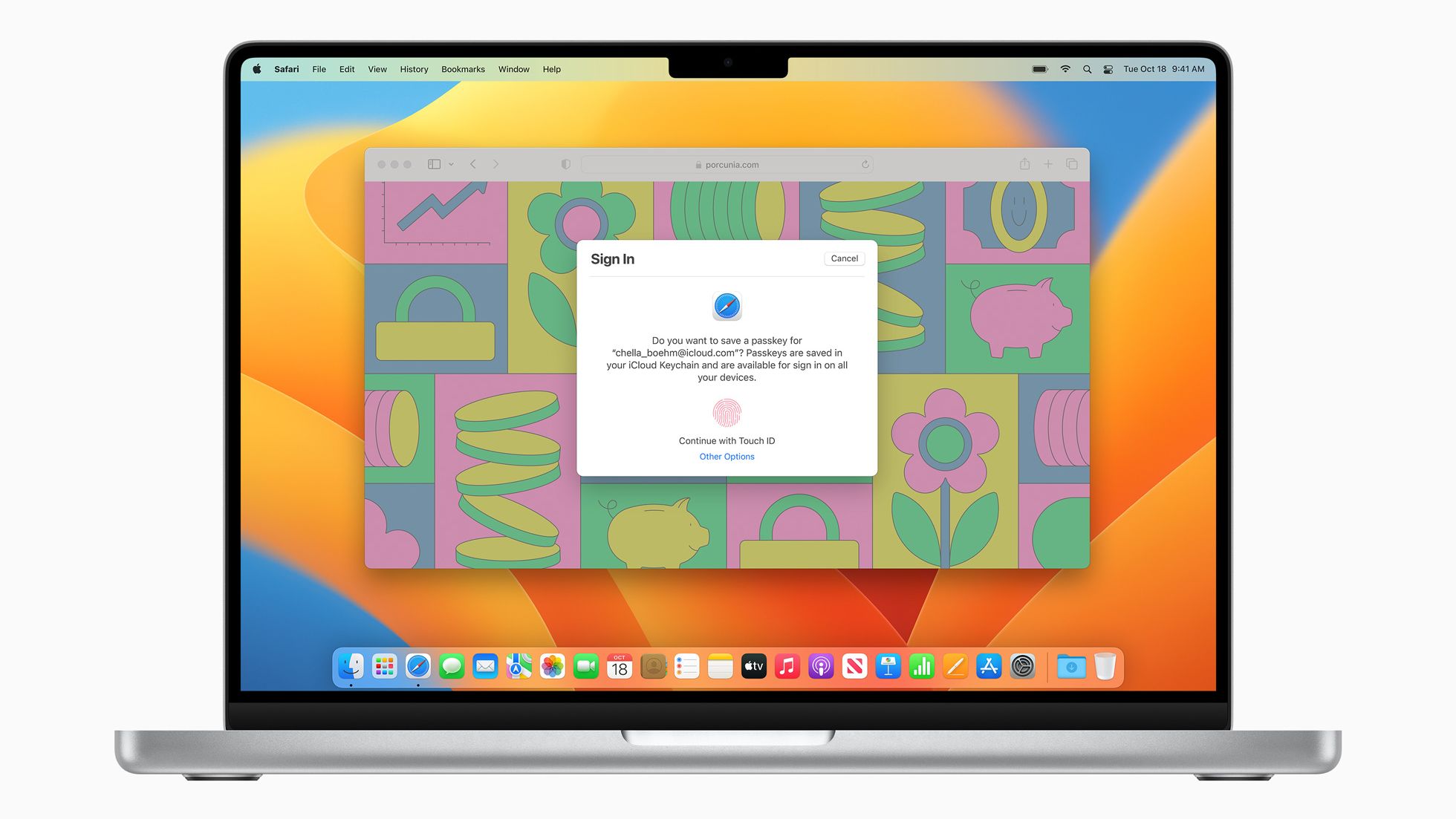 New macOS Ventura security features make for a compelling upgrade
New macOS Ventura security features make for a compelling upgradeAnalysis Organisations will be sure to welcome the new security features, as well as the collaboration and organisational tools included in the new free update
-
 How to turn on Bluetooth for Windows 10
How to turn on Bluetooth for Windows 10In-depth A step by step guide to turning on Bluetooth in Windows 10 and easily connect your keyboard, mouse, headphones, or printer
-
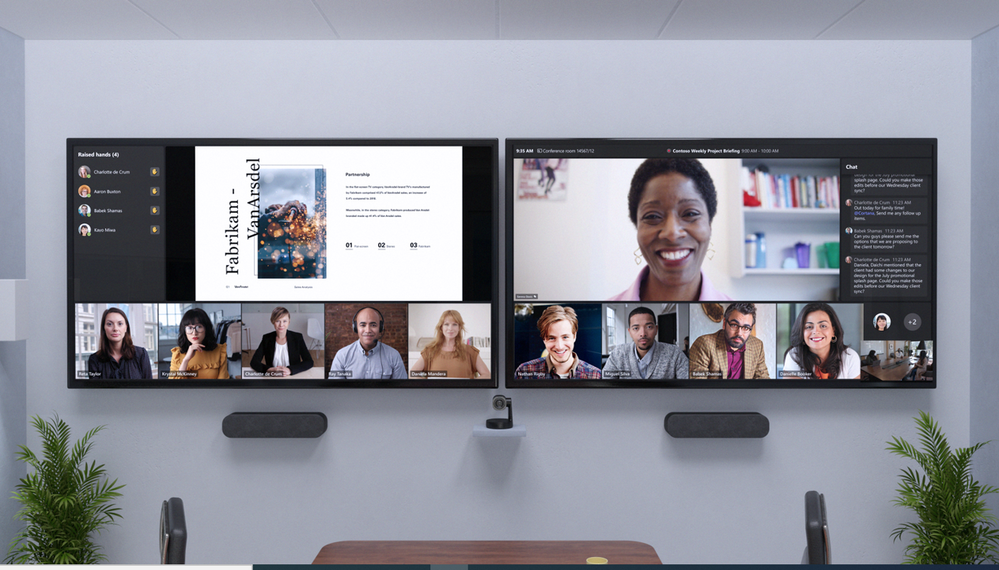 Microsoft reveals price decreases for Teams Rooms, new free tier
Microsoft reveals price decreases for Teams Rooms, new free tierNews Under the new plans, businesses with certified hardware can use the service at no extra cost
-
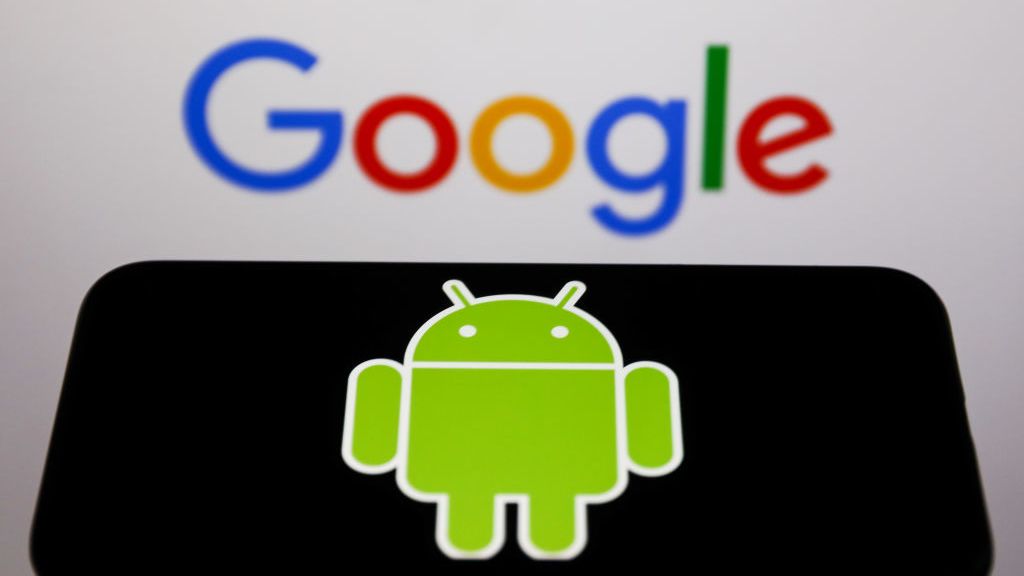 Google urges Apple to embrace RCS as standard, ditch SMS for Android texts
Google urges Apple to embrace RCS as standard, ditch SMS for Android textsNews #GetTheMessage seeks to create viral pressure on Apple, with Google shaming its competitor for clinging to standards from which the rest of the market has moved on
-
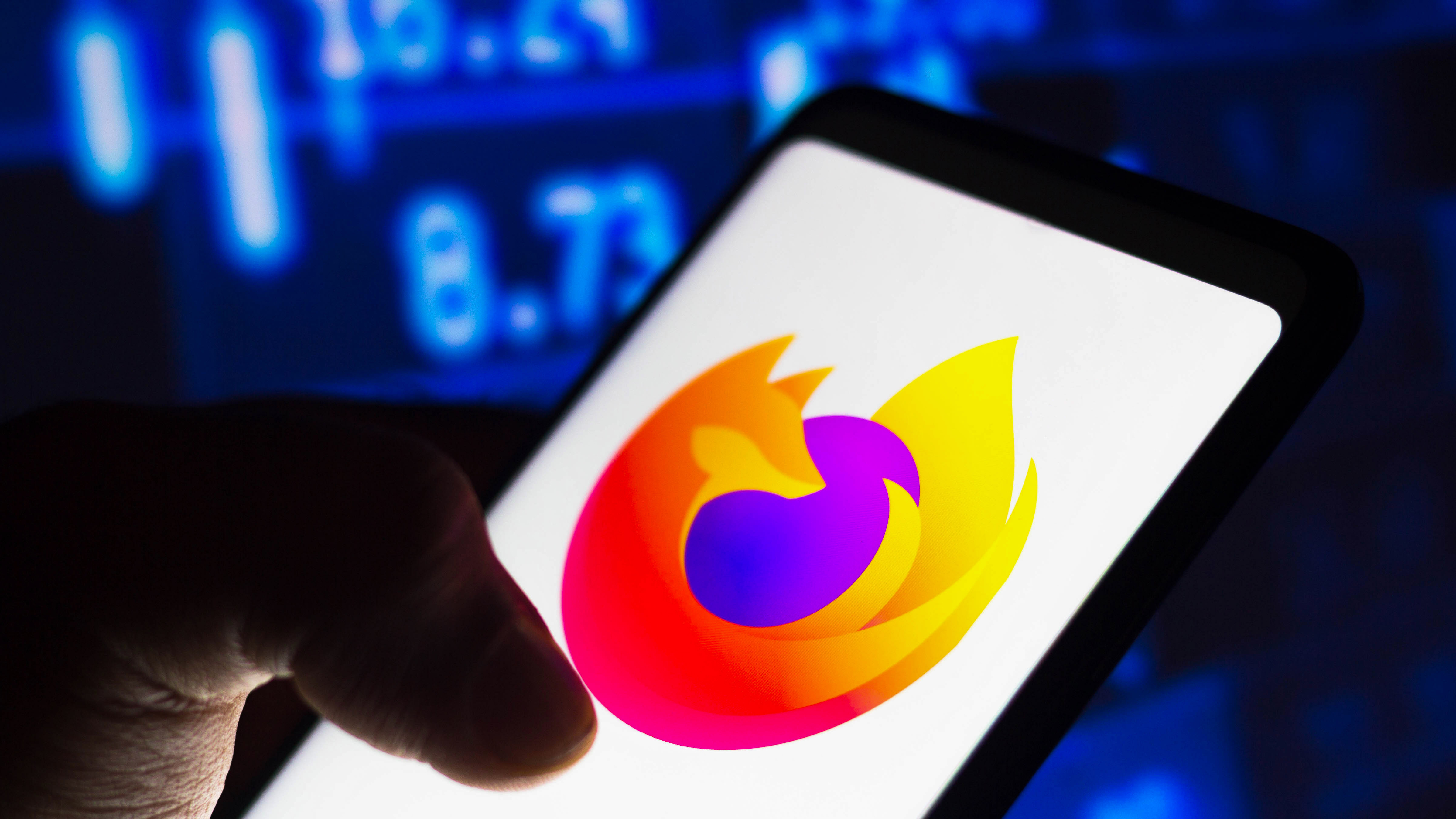 Mozilla suspends cryptocurrency donations following backlash
Mozilla suspends cryptocurrency donations following backlashNews However, the option to donate bitcoin to the Mozilla Foundation might return in the future
-
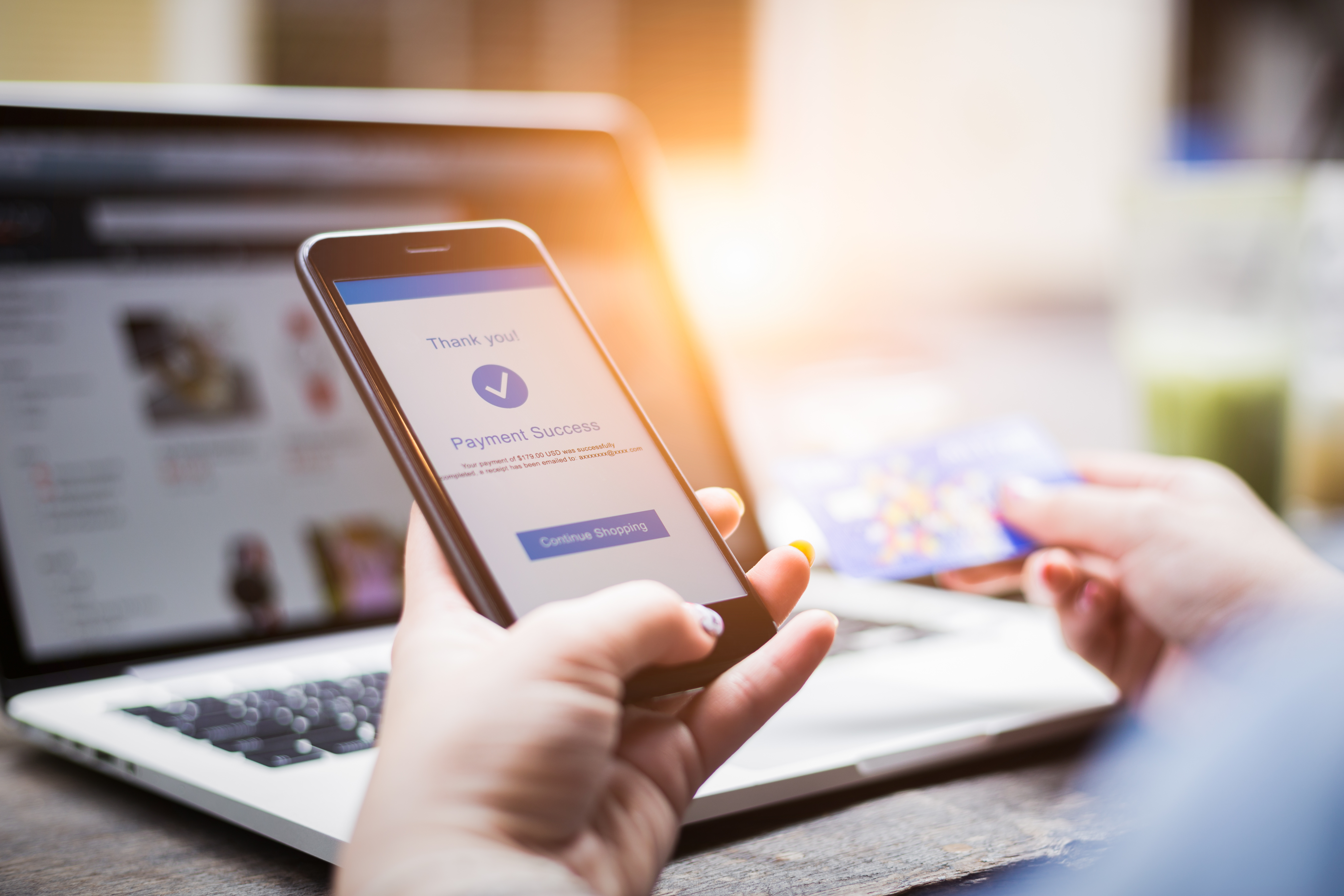 Nikulipe: Has COVID democratised online payments?
Nikulipe: Has COVID democratised online payments?Case Studies With more customers forced to buy online, are merchants offering the right ways to pay?
-
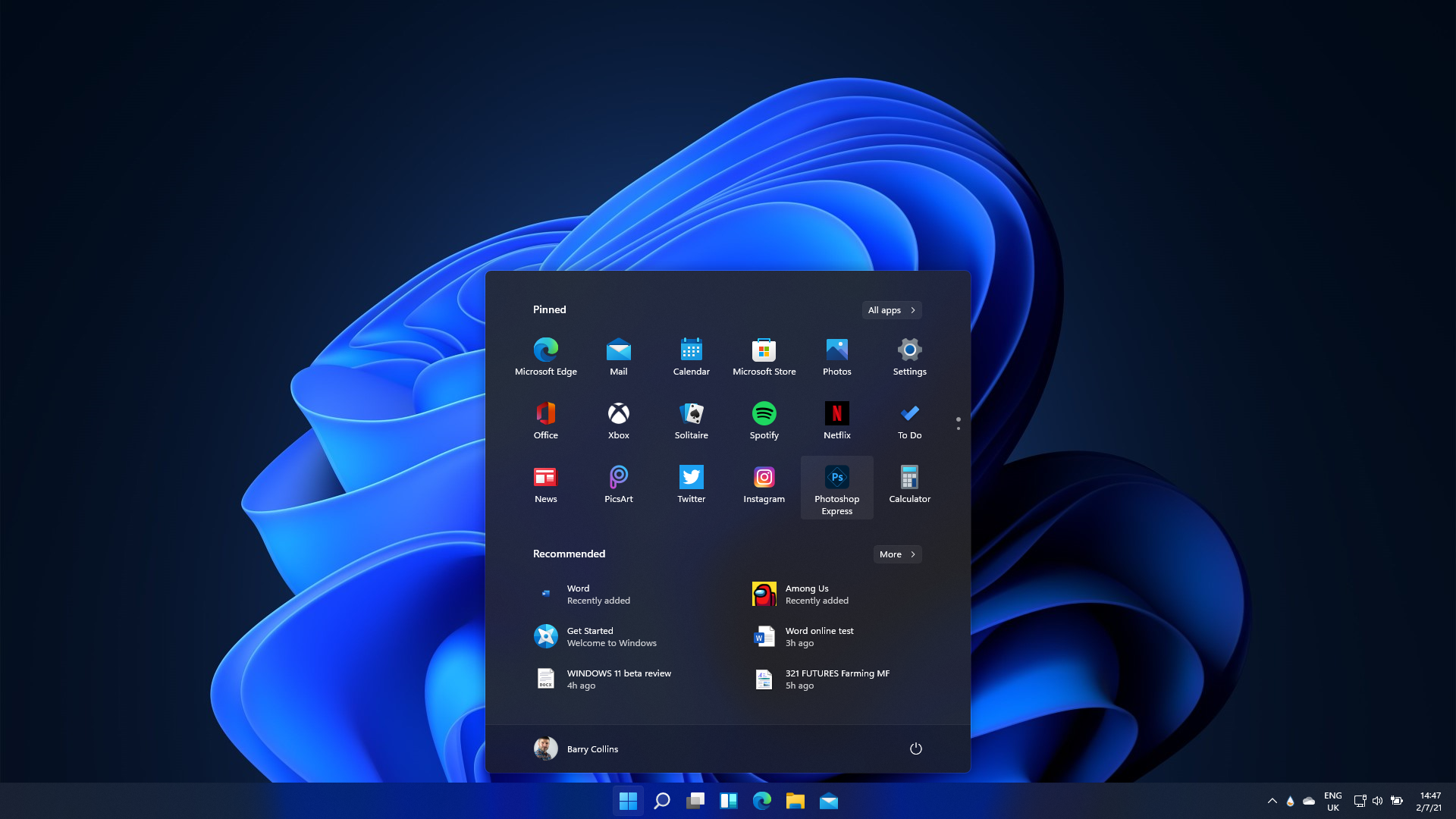 Most common Windows 11 problems and how to fix them
Most common Windows 11 problems and how to fix themTutorials Seven of the most common Windows 11 problems users encounter - and the steps you can take to fix them